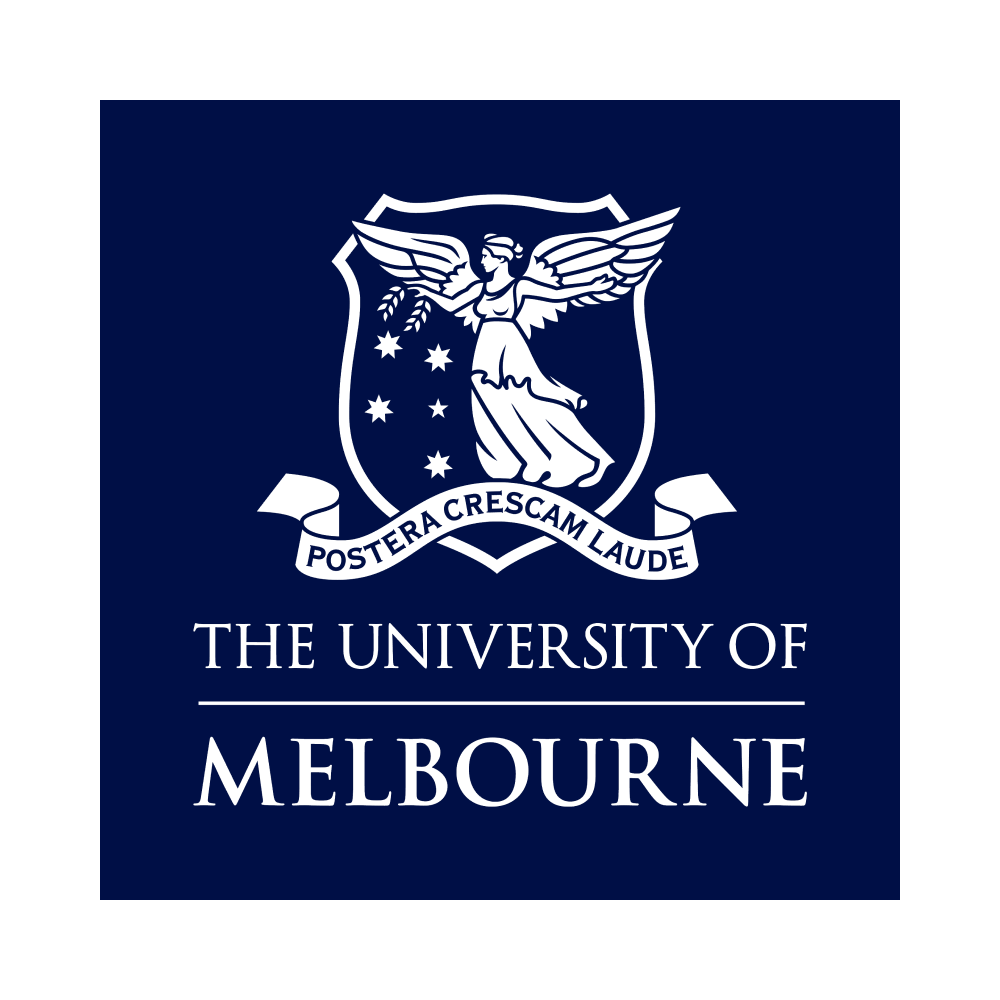University of Melbourne
Master of Public and International Law
- Delivery: Face to Face
- Study Level: Postgraduate
- Duration: 12 months
- Course Type: Master's
An in-depth understanding of public law and international legal frameworks, covering topics such as human rights, global governance and the role of law in international relations.

Course overview
The Master of Public and International Law recognises the increasing interdependence of international and domestic law, bringing together constitutional, administrative and public international law.
It’s ideal for both practitioners and scholars with backgrounds or interests in government, international institutions, not-for-profit organisations, business/government relations and international development.
As a student, you can choose from a wide range of subjects across the entire field of public law, giving you access to the latest developments in theory and practice in Australia and elsewhere. The Master of Public and International Law is available for both law and non-law graduates.
Key facts
June, 2026
July, 2026
August, 2026
December, 2026
What you will study
Students must complete 100 credit points in total. Each subject is valued at 12.5 credit points.
Students who do not have a law degree from a common law jurisdiction must generally complete Fundamentals of the Common Law. Students can obtain a waiver for this requirement from the Director of Studies. This is dependent on your previous study and your proposed program of study.
- Fundamentals of the Common Law
Entry Requirements
To be considered for entry into this course, you must have completed one of the following:
- A degree in law (LLB, JD or equivalent) leading to admission to practice with a University of Melbourne equivalent score of at least 70.
- A degree in law (LLB, JD or equivalent) leading to admission to practice, or equivalent and two years of documented relevant professional experience.
- An undergraduate degree in a relevant discipline and two years of documented relevant professional experience.
- An undergraduate degree in a relevant discipline; and successful completion of four subjects in a cognate graduate diploma and one year of documented relevant professional experience.
Disciplines directly related to this course include law.
Professional experience relevant to this course may include roles such as public servant, policy or research officer, or political advisor and roles in charities or not-for-profits.
Meeting the published entry requirements for this course does not guarantee selection.
Where the admission criteria include a minimum Weighted Average Mark (WAM) and/or specific subject criteria, these are based on University of Melbourne grades and subjects. If you've studied elsewhere, the university will assess your relevant prior studies and equivalent grades. Your final WAM may be adjusted depending on your previous institution's accreditation, subject grading and pass marks.
English Language Requirements
All applicants to the University of Melbourne must satisfy the English language requirements. This may be achieved in a number of ways, including recognised previous studies taught and assessed entirely in English or an approved English language test. If you are from a non-English speaking background, the required standard of English for this degree is one of the following English proficiency test scores:
- IELTS (Academic) – 7.0, with no band less than 6.5
- TOEFL – 94+, with writing 24; speaking 20; reading 19; listening 20
- Pearson – 72+, with the written communicative skill of 65 and no other communicative skill below 64
- Cambridge – 185+, with no skill less than 176
Recognition of Prior Learning
Prior studies may be credited towards your degree and potentially reduce the duration of your course. This is known as Advanced Standing (also known as credit or recognition of prior learning). Contact the university for more details.
Outcomes
Learning Outcomes
As a student in the Master of Public and International Law, you’ll develop an advanced understanding of the complex body of knowledge in the field of public and international law, including:
- The legal and institutional framework for Australian government in theory and practice.
- Analysis and resolution of the complex problems of government law.
- A range of alternative approaches to government law in other countries and systems and the methodology of comparative public law.
- The context within which government law operates and the sensitivities peculiar to it.
- The legal and institutional framework for Australian government in theory and practice.
- The nature, major principles, processes and structures of the international legal system and the relationship between international and domestic law.
- Legal issues in contemporary public and international affairs.
- The increasing significance of international law domestically, regionally and globally.
You’ll also develop skills in critical analysis and the ability to interpret and transmit your ideas to specialist and non-specialist audiences, including clients.
Fees and FEE-HELP
Indicative first-year and total course fee in 2026: $49,984 (domestic full-fee paying place)
Unless otherwise noted, the indicative total course fee shown above assumes a study load of 1 EFTSL (equivalent full-time student load) commencing semester one of the listed year, except for courses with a duration of less than 1 EFTSL.
Fees are subject to annual review by the University, with any new rates effective from the beginning of each calendar year.
A student’s fee may vary depending on:
- The number of subjects studied per term.
- The choice of major or specialisation.
- Choice of subjects.
- Credit from previous study or work experience.
- Eligibility for government-funded loans.
You may also need to pay the student services and amenities fee.
FEE-HELP loans are available to assist eligible full-fee paying domestic students.








